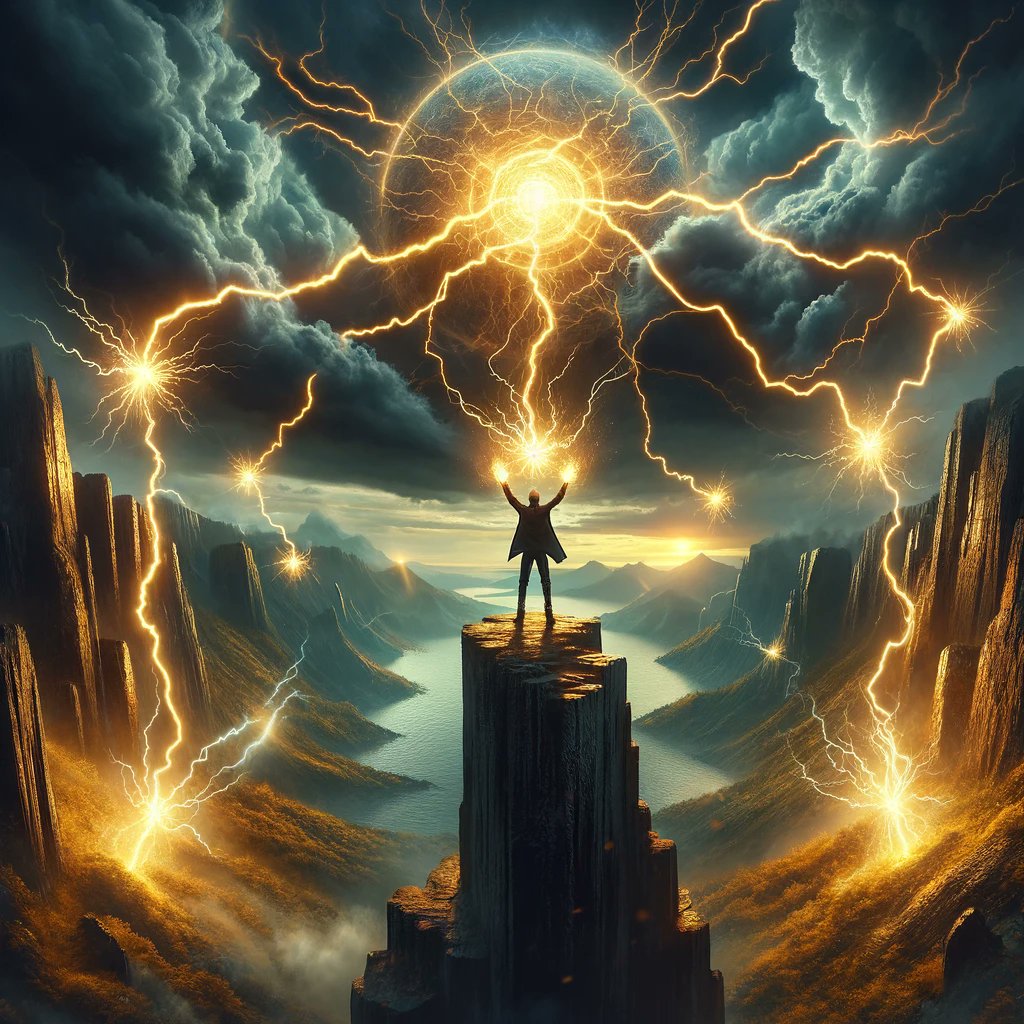Ok. Since you have welcomed my comments, let me make a small thread:
I remember when I was doing research for "Swallow: Food Security in Nigeria's Changing Climate", I came across data that puzzled me.
I remember when I was doing research for "Swallow: Food Security in Nigeria's Changing Climate", I came across data that puzzled me.
https://twitter.com/Cokodeal/status/1306589753773420555
Research paper after research paper all seem to be saying that majority of farming households in many parts of Nigeria were food insecure. Didn't make sense. How could you be growing food and still be food insecure?
One morning, I called @NnimmoB and asked him if he could explain this to me. Why are many farmers not even able to feed themselves? I could hear the smile on the phone when he answered: They invest so much time in producing so little that they barely have income for other needs
So they have to sell the best of their crops in order to pay other bills. Also, no storage, so during the lean season, they have to buy food from traders who have storage. This takes up most of the income they already earned in the harvest season.
Also, they didn't have bargaining power - because food is perishable and without storage, what are you going to do with rotten food?
It made sense.
Whenever you don't have bargaining power in the value chain, its because you aren't adding enough value, so buyers can discount u.
It made sense.
Whenever you don't have bargaining power in the value chain, its because you aren't adding enough value, so buyers can discount u.
Smallholder subsistence farming is a poverty trap. The farmers who are able to escape fare the ones with larger farms (not too many), relatively good education and access to credit. And even then, they do not capture much value from the food value chain. Why?
With the advent of mechanized farming, the production step has been commoditized. The only value you can create is if you do it at scale, efficiently and with very high yields or else, the margins are too slim to live within. A lot of value has shifted to other parts of the chain
Processing, marketing, distribution, retail (and retail value adds) are now huge value centers because, they are addressing the big natural drivers of consumption like taste and access.
If we want to do better for small farmers in Nigeria, these are the parts of the chain we need to commoditize. If we don't commoditize these capacities, those with access to these capacities will retain bargaining power even if we introduce negative market forces through bans
Negative market forces often promise to attract value add players who are driven to create abundance. But more often than not, the kind of players who eventually thrive under these circumstances are those better at continuously exploiting scarcity.
We also have to help smallholder communities scale through aggregation of production assets (including land) - @vonkemedi has been doing quite a lot of this. Aggregated pools of smallholders can even afford mechanisation (rental). Collective bargaining is also now possible. 😁
• • •
Missing some Tweet in this thread? You can try to
force a refresh



















